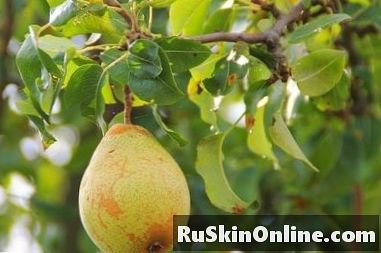
Content

Wolfgang Dirscherl / pixelio.de
Effective Microorganisms - Useful helpers in horticulture
Soil fertility and long-term success in orchards are directly related. Chemical fertilizers cause soils to lose their fertility in the long term. Effective microorganisms (EM) promote regenerative microorganisms and soil organisms and thus soil fertility. How does it work?
EM process dead organic material and diseased, dying plant parts into plant-available nutrients. EM form an environment in soil and on the surface of plants (trunk, branches, branches leaves), which is hostile to pathogenic germs and pests. EM significantly improve soil fertility and growth and strengthen the plant's resistance.
It is important to understand: EM are not fertilizers. Effective microorganisms enhance the structure of soil organisms, loosen solidified soils and initiate composting processes (aerobic) and fermentation (anaerobic) of organic waste such as leaves, hedge trimming, grass clippings, etc. This forms nutrients, including trace elements and enzymes. The soil is given back what the roots of the plants extract from it. Chemical fertilizers can not do what nature gives us. Increasing the quality and yield of the harvest is our reward for the environmentally friendly management of our orchard.